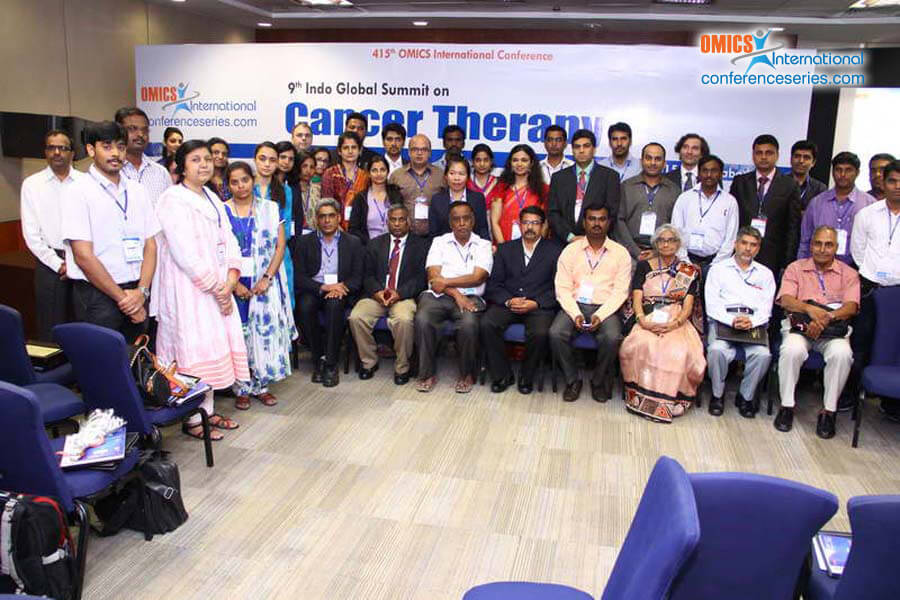
V S P K Sankara Aditya J
National Institute of Technology, India
Title: Identification of potential biomarkers for early detection of breast cancer through in silico approaches
Biography
Biography: V S P K Sankara Aditya J
Abstract
In the past few years, there is a tremendous growth in cancer biology which has led to development of new anticancer therapies for combating with cancer related molecules and its pathways. But these therapies are successful only when cancer is diagnosed at early stage. Indeed, detection of cancer at early stage is completely curable in recent years. Therefore biomarkers which specifically express in early stage with significant expression difference in normal and metastatic stage would play cardinal role in diagnosis and treatment of cancer. In present work in silico approaches have been applied to find out suitable bio-makers for early detection of breast cancer. Several breast cancer associated genes have been collected from existing literature. Their tissue specific expression level was checked by using cancer EST database. Cancer EST contains DNA sequences (200–500 nucleotides) generated by sequencing the 5′ and/or 3′ ends of c-DNAs that are subsequently clustered and counted. Tissue specific expression of different genes [X-box binding protein 1(XBP1), protein regulator of cytokinesis 1(PRC1), GATA binding protein 3 (GATA3), pituitary tumor-transforming 1 (PTTG1) etc.] have been analyzed using cancer EST in mammary and other tissues. Expressions of genes are presented in tpm (transcripts per million, gene ESTs/tissue ESTs) for each tissue type. From the data, a few genes were selected which are showing statistically significant differential expression when compared in healthy and cancerous mammary tissues. Microarray data from different public repositories has been used to further analyze the expression of selected genes in early stage of cancer formation using R program. Our result shows that a few of these genes can serve as potential biomarkers and contribute in detection of breast cancer at early stage.

